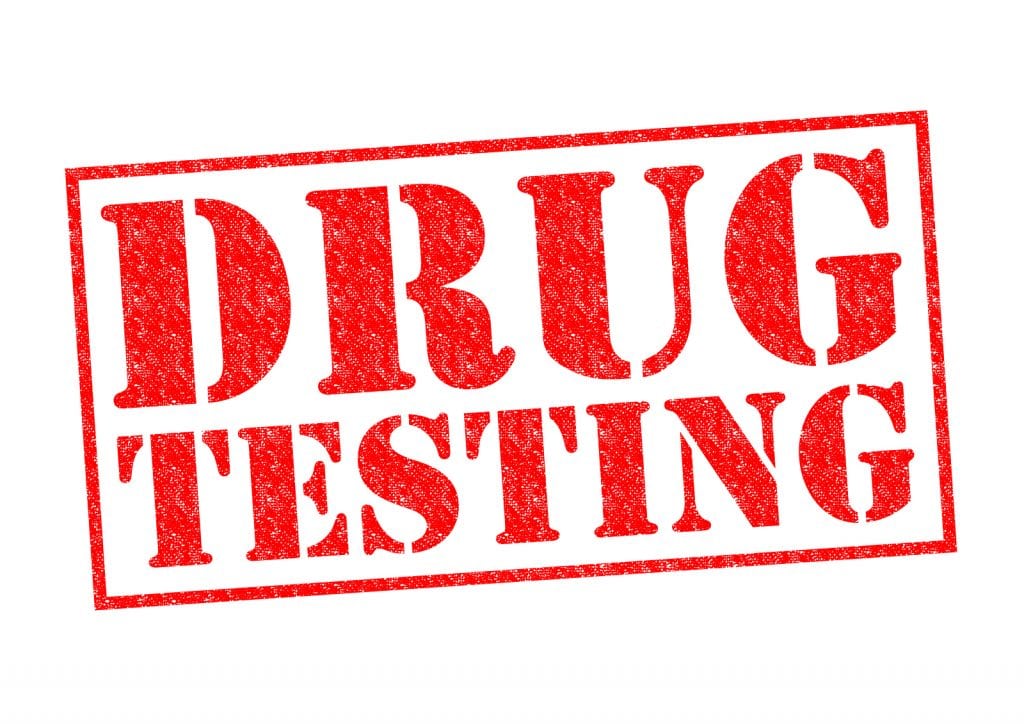 The timing of a drug test and a decision on panels to include are important considerations. Many times we get questions from clients about drug testing. They ask the appropriate time to administer the drug test and what panels should be included. A recent decision from The U.S. District Court for the Western District of Pennsylvania can shed some light. The U.S. District Court for the Western District of Pennsylvania held on Sept. 15, 2015, in EEOC v. Grane Healthcare that the ADA’s prohibition on pre-offer medical screens does not include testing for illegal drugs. EEOCGrane20140414
The timing of a drug test and a decision on panels to include are important considerations. Many times we get questions from clients about drug testing. They ask the appropriate time to administer the drug test and what panels should be included. A recent decision from The U.S. District Court for the Western District of Pennsylvania can shed some light. The U.S. District Court for the Western District of Pennsylvania held on Sept. 15, 2015, in EEOC v. Grane Healthcare that the ADA’s prohibition on pre-offer medical screens does not include testing for illegal drugs. EEOCGrane20140414
An employer has a perfect right to administer a pre-employment drug test if it is testing for any illegal drugs in the applicant’s system. A test for the illegal drugs is NOT considered a medical examination. Illegal drugs include Marijuana, Amphetamines, Cocaine, Opiates and PCP.
To summarize:
- A drug test for illegal drugs can occur on a pre-employment basis.
- A drug test for legal drugs can occur only after a conditional job offer has been extended. Action can be taken only if the positive results indicate a conflict with job-related functions at all times.
Under Title I, “any employee who is currently engaging in the illegal use of drugs” is not considered “a qualified individual with a disability” entitled to protection from discrimination. 42 U.S.C. § 12114(a). The ADA specifically permits a covered entity to “hold an employee who engages in the illegal use of drugs or who is an alcoholic to the same qualification standards for employment or job performance and behavior that such entity holds other employees, even if any unsatisfactory performance or behavior is related to the drug use or alcoholism of such employee.” (Page 53 of the decision) 42 U.S.C. § 12114(c)(4). The Third Circuit has construed these statutory provisions to mean that the ADA does not require covered employers to reasonably accommodate individuals whose shortcomings are attributable to ongoing “drug and alcohol addiction.” Salley v. Circuit City Stores, Inc., 160 F.3d 977, 981 (3d Cir. 1998). (Page 54 of the decision)
Testing for the existence of any illegal drugs before advancing the applicant further into the hiring process makes economic sense. Illegal drug users can cost your firm in terms of dollars and reputation. Why should a person using illegal drugs be allowed to advance further in your hiring process? It makes sense to screen out these individuals as early as possible in the hiring process. Otherwise, interview and processing costs are unnecessarily incurred by your firm.
The court ruled that prohibition on pre-offer medical screens does not include testing for illegal drugs.
An employer does not have a right to administer a pre-employment drug test for legal drugs. It does however have a right to administer a drug test for legal drugs after a conditional job-offer has been extended. And, it may only take action if results indicate an inability to meet the job-related functions at all times.
Before an offer of employment is extended, an employer may not ask a job applicant to undergo a medical examination or inquire as to whether he or she “is an individual with a disability.” 42 U.S.C. § 12112(d)(2)(A). This prohibition precludes the utilization of investigative techniques that could identify applicants with disabilities and exclude them from further consideration. Griffin v. Steeltek, Inc., 160 F.3d 591, 594 (10th Cir. 1998). Once an offer of employment has been extended, a prospective employee may be asked to undergo a medical examination. 42 U.S.C. § 12112(d)(3). An “entrance examination” is permissible under the ADA if “all entering employees are subjected to such an examination regardless of disability,” the applicable confidentiality requirements are adhered to, and the results of the examination are “used only in accordance with” Title I. 42 U.S.C. § 12112(d)(3)(A)-(C). After an employee’s duties have commenced, the employer may not ask him or her to undergo another medical examination or inquire as to whether he or she is disabled “unless such examination or inquiry is shown to be job- related and consistent with business necessity.” 42 U.S.C. § 12112(d)(4)(A). An employer remains free to inquire as to the ability of an applicant or employee “to perform job- related functions” at all times. 42 U.S.C. § 12112(d)(2)(B), (4)(B). (Page 10 of the decision)


